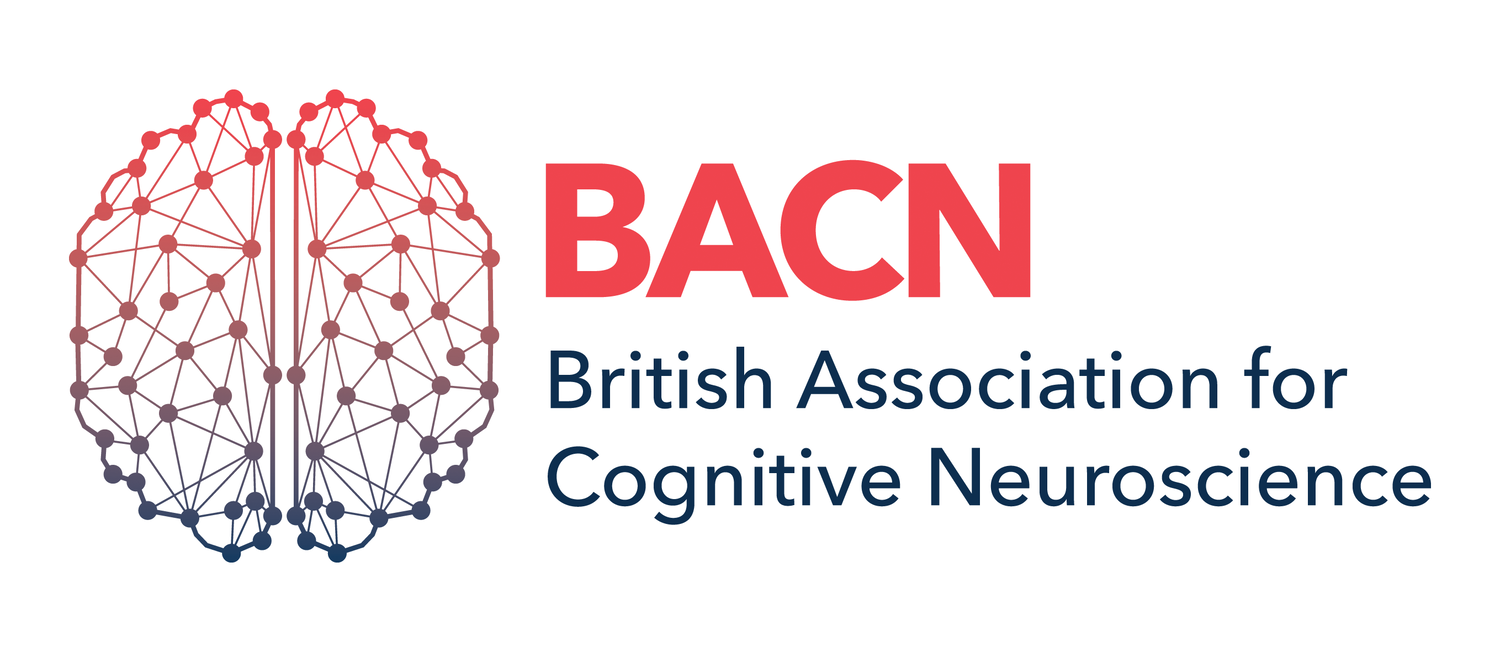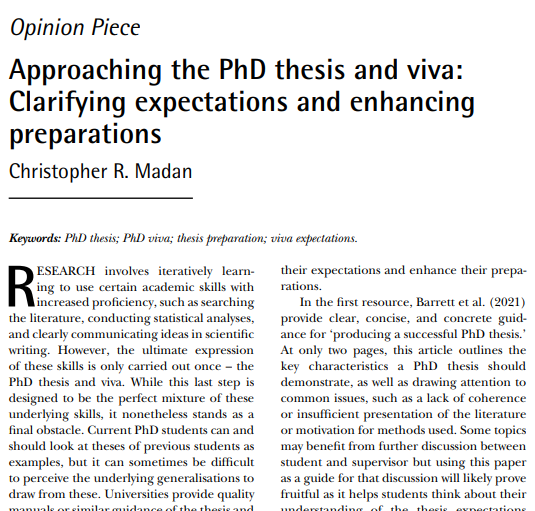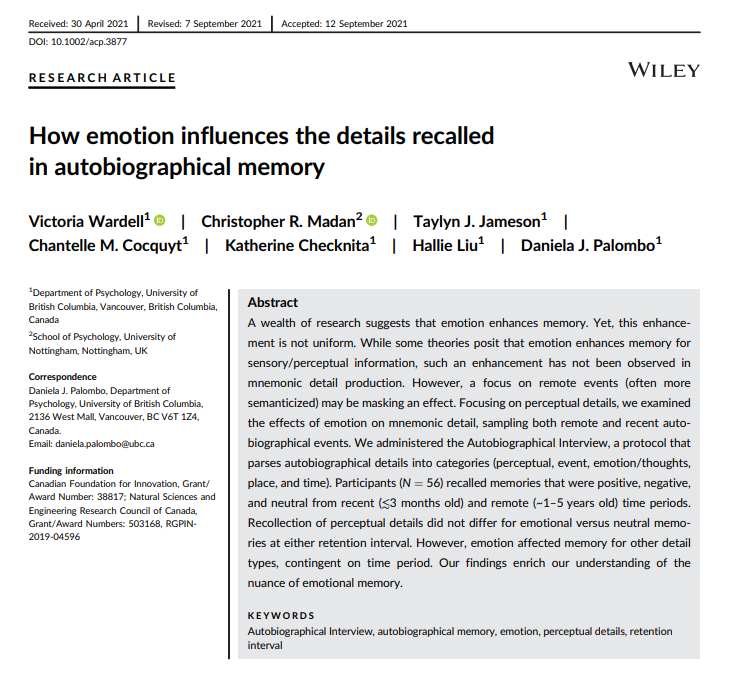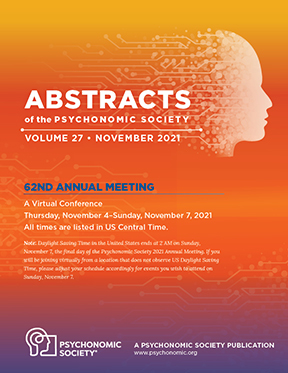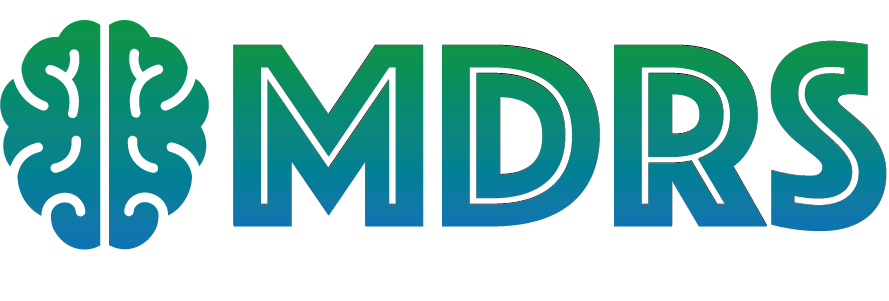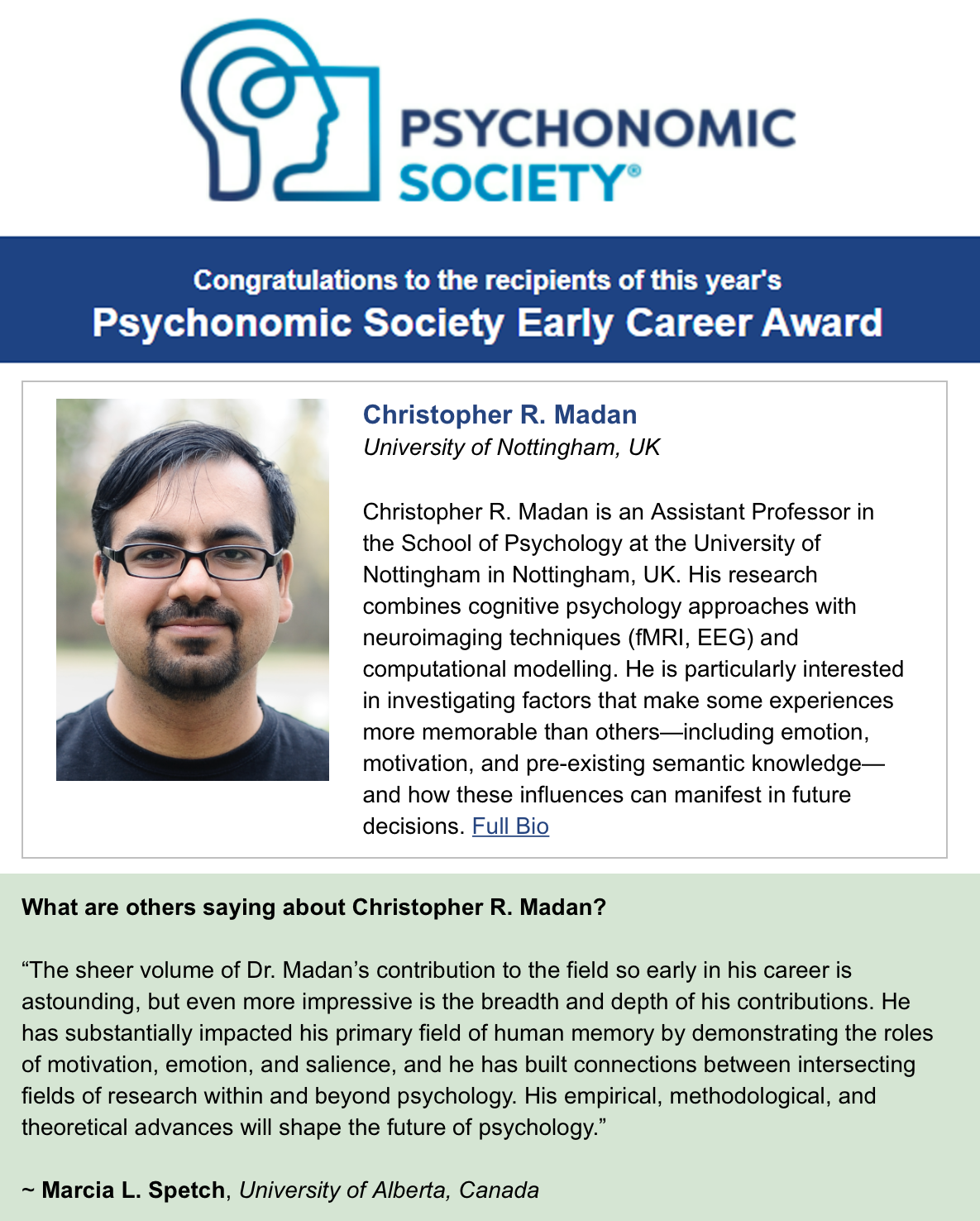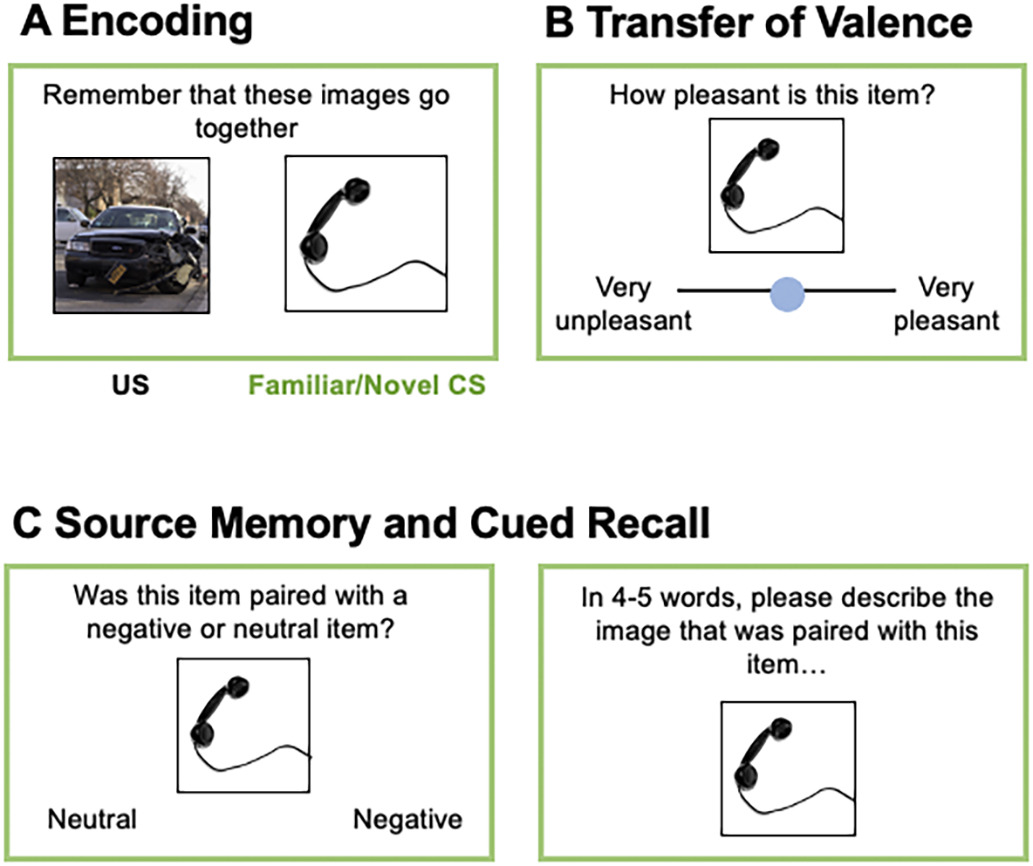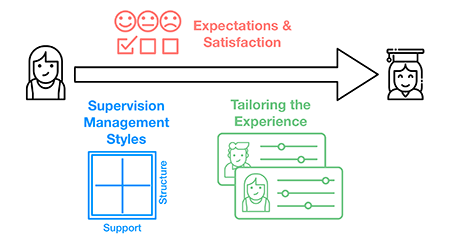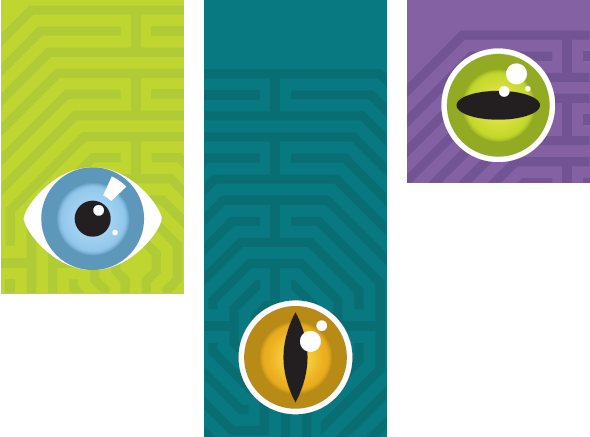Lab Updates
BACN Publicity Officer
Dr. Madan is now the Publicity Officer for the British Association of Cognitive Neuroscience (BACN)!
The next annual meeting will be held at the University of Birmingham, 24-25 May 2022.
Approaching the PhD thesis and viva: Clarifying expectations and enhancing preparations
New paper, providing advice on preparing for a PhD thesis and viva, now out in Cognitive Psychology Bulletin!
“Research involves iteratively learning to use certain academic skills with increased proficiency, such as searching the literature, conducting statistical analyses, and clearly communicating ideas in scientific writing. However, the ultimate expression of these skills is only carried out once—the PhD thesis and viva. […] Here I outline four particularly beneficial resources that current PhD students can read to clarify their expectations and enhance their preparations.”
How emotion influences the details recalled in autobiographical memory
New paper out, in collaboration with Dr. Daniela Palombo and students in her lab.
“The present study investigated the influence of emotion (positive and negative) on detail generation in autobiographical memory across two retention intervals; recent (≲3 months old) and remote (~1–5 years old). We found that the number of perceptual details recalled did not differ for emotional versus neutral autobiographical memories in either time period. By contrast, emotion exerted effects on autobiographical memory for other types of details—a pattern that differed depending on both the age and valence of the memories. We discuss these findings in turn.”
Sleeplessness and anxiety: PhD supervisors on toll of COVID pandemic
Dr. Madan has been quoted in a Nature article highlighting a recent survey of PhD supervisors.
Psychonomic 2021 Annual Meeting
Several presentations!
Talk:
(285) Making Memories that Matter: Considering Motivated and Strategic Memory Processes - Madan
Poster:
(1207) Predicting Trial-and-Error Learning from the Feedback-Related Negativity - Chakravarty
(1209) Fractionating the Reward-Memory Literature - Simonsen
(1440) The Effect of Aging and Mnemonics on Name Recall - Gopi
(2393) Impact of Performing a Secondary Task on Recall and Recall Dynamics - Zhang
How does caffeine influence memory? Drug, experimental, and demographic factors
Congratulations to Ruo-Chong Zhang on her first first-authored paper!
“Caffeine is a widely used nootropic drug, but its effects on memory in healthy participants have not been sufficiently evaluated. Here we review evidence of the effects of caffeine on different types of memory, and the associated drug, experimental, and demographical factors. […] For drug factors, a dose-response relationship may exist but findings are inconsistent. Moreover, there is evidence that the source of caffeine can modulate its effects on memory.”
Memory Disorders Research Society
Dr. Christopher Madan has just been elected to the Memory Disorders Research Society (MDRS).
MDRS is a by-invitation-only professional society dedicated to the study of memory.
Psychonomic Society Early Career Award
“The Psychonomic Society congratulates Christopher R. Madan (University of Nottingham) on receiving this year’s PS Early Career Award! The award honors scientists who have made excellent contributions to cognitive psychology early in their careers.”
How Can a Supervisor Support PhD Students In Transitioning To Industry?
Dr. Madan spoke with Natalia of Odyssey Careers for their “Career Talks” series about how PhD supervisors can support PhD students in considering non-academic careers.
Transfer of negative valence in an episodic memory task
Now online in Cognition! Research in collaboration with Dr. Daniela Palombo and students in her lab.
“a number of recent episodic memory studies show that emotion—particularly negative emotion—weakens associative memory, including item-item associations. Other literature shows that emotion biases our later attitudes and preferences. That is, the coincident pairing of a negative stimulus with a neutral one can reduce one’s preference for that neutral stimulus upon subsequent encounter—a ‘transfer of valence’ effect. “
A brief primer on the PhD supervision relationship
Now online in European Journal of Neuroscience!
“Many academic skills are learned ‘on the job’, but few more so than PhD supervision. While I myself have limited PhD supervision experience, I have reviewed the literature on PhD student-supervisor relationship and here present a brief primer.”
Posters at CogSci 2021
Two PhD students are presenting their work at this year’s Cognitive Science Society meeting!
RuoChong Zhang: Impact of performing a secondary task on recall (2-C-103)
Yashoda Gopi: The effectiveness of face-name mnemonics on name recall (3-C-100)
